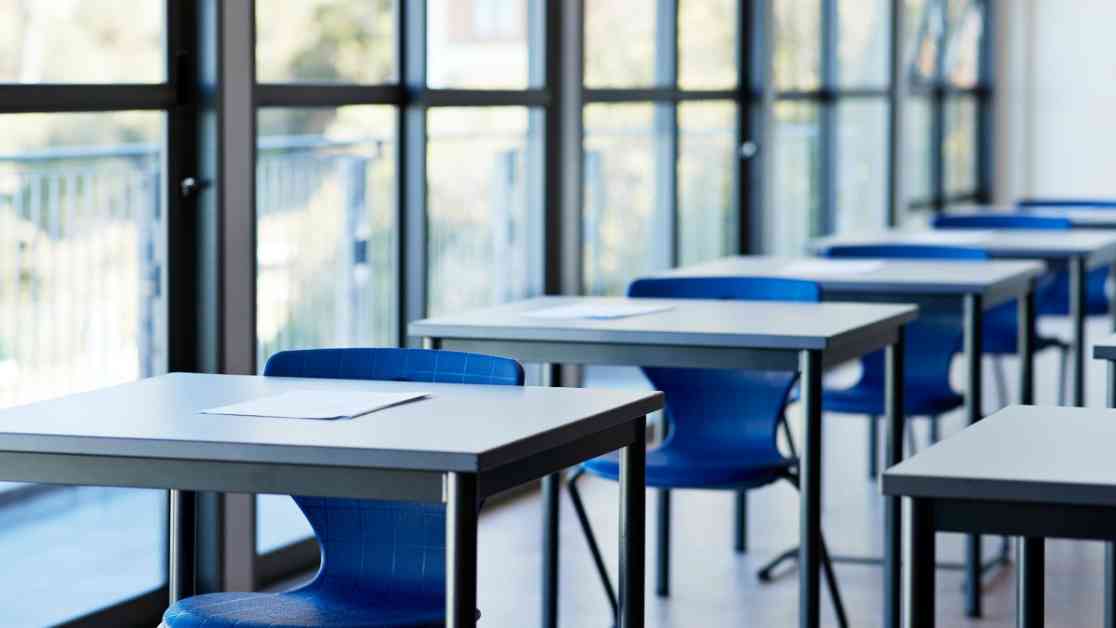Illinois Lawmakers Deliberate on High School Start Times
Illinois lawmakers are currently in the process of reviewing a bill that could potentially reshape the start times for high schools across the state. HB 2951, spearheaded by State Rep. Laura Faver Dias of Grayslake, proposes setting a minimum start time of 8:45 a.m. for public high schools in Illinois. The bill is slated to be presented before the Education Policy Committee on Wednesday in Springfield, marking a significant step in the potential shift towards later start times for high school students.
Rep. Dias was recently accompanied by students from Libertyville High School during her visit to Springfield, with the students actively advocating for the bill. In a Facebook post, she expressed her pride in the students, recognizing their involvement in the civic process and emphasizing the importance of incorporating the voices of young constituents in shaping the future of the state.
The push for later start times in high schools stems from research findings and recommendations from various organizations. Libertyville High School, for instance, has already implemented adjustments to their start times and has witnessed positive outcomes following the change. Studies, including one conducted by the Centers for Disease Control and Prevention, have revealed that a significant percentage of students, 77% to be exact, are not getting enough sleep. This has prompted organizations like the American Academy of Pediatrics to advocate for later start times in schools to ensure students are well-rested and better able to engage in learning.
Support for later start times is further bolstered by the American Psychological Association, which has noted that such changes are linked to improved mood, attendance, and academic performance among students. These findings underscore the potential benefits of aligning school schedules with the natural sleep patterns of adolescents, which tend to shift towards later bedtimes and waking hours. The National Education Association has also acknowledged the positive impact of later start times, highlighting the need to prioritize students’ well-being and academic success through thoughtful scheduling adjustments.
While the proposed shift towards later start times holds promise for enhancing student well-being and performance, concerns have been raised regarding the potential logistical challenges that may arise. Issues such as the scheduling of after-school extracurricular activities and the impact on parents’ work schedules are among the considerations that policymakers will need to address. By striking a balance between prioritizing students’ health and academic success, and addressing practical implications, lawmakers aim to create a conducive learning environment that supports the holistic development of students.
As Illinois lawmakers continue to deliberate on the merits of adjusting high school start times, the voices of students, educators, and experts will play a crucial role in shaping the future of education in the state. By considering the latest research findings, expert recommendations, and the lived experiences of those directly impacted by school start times, policymakers can make informed decisions that prioritize student well-being and academic success. In doing so, Illinois stands to set a precedent for other states grappling with similar challenges, paving the way for a more student-centered and supportive educational system.












